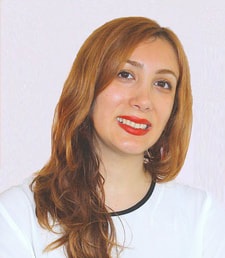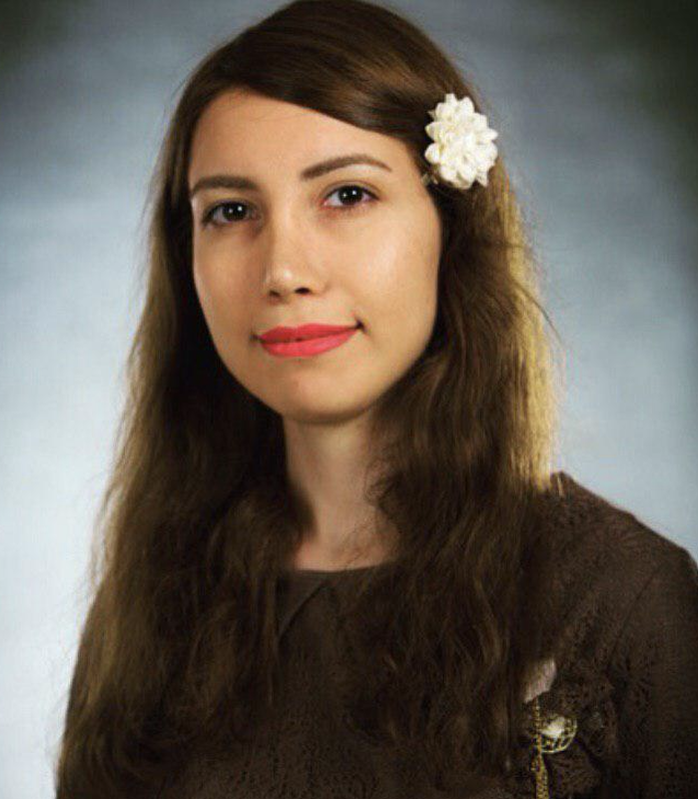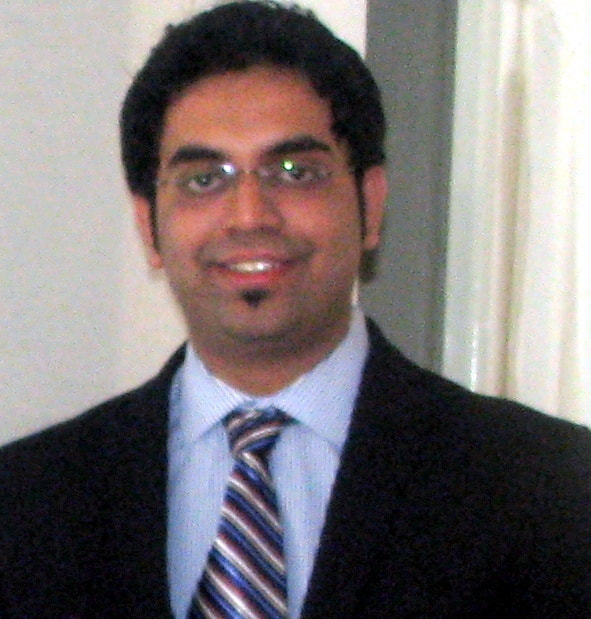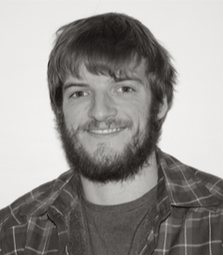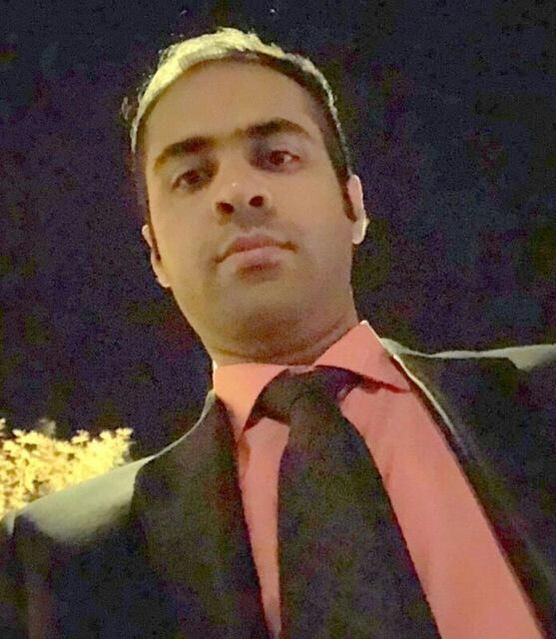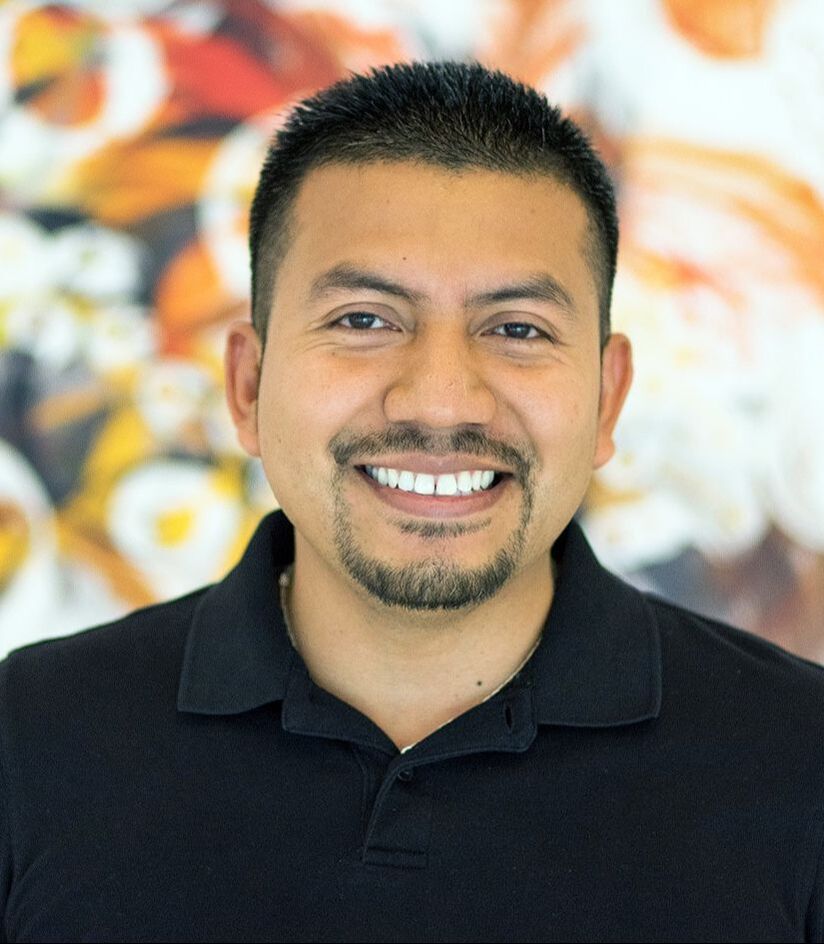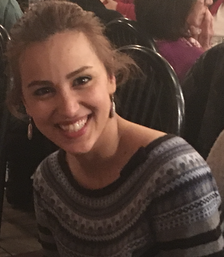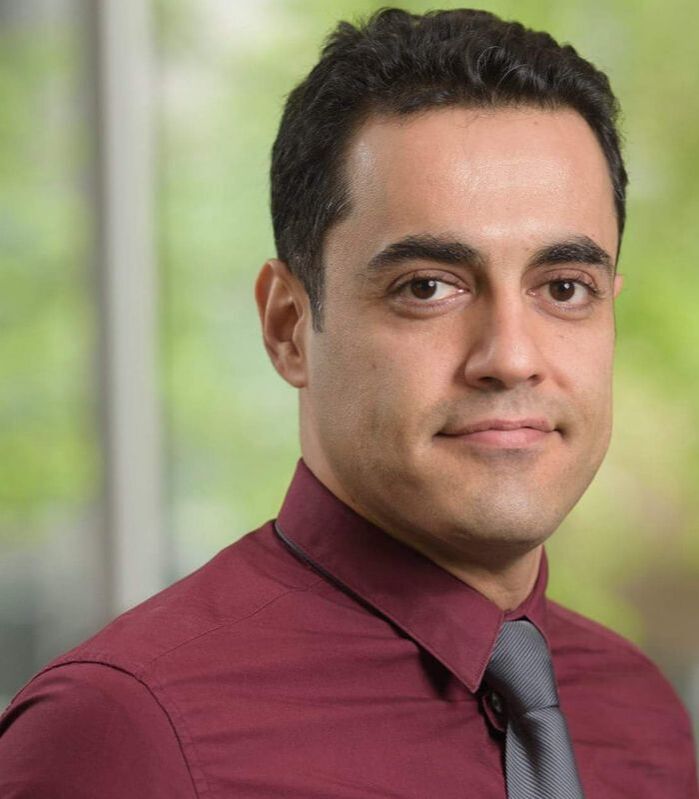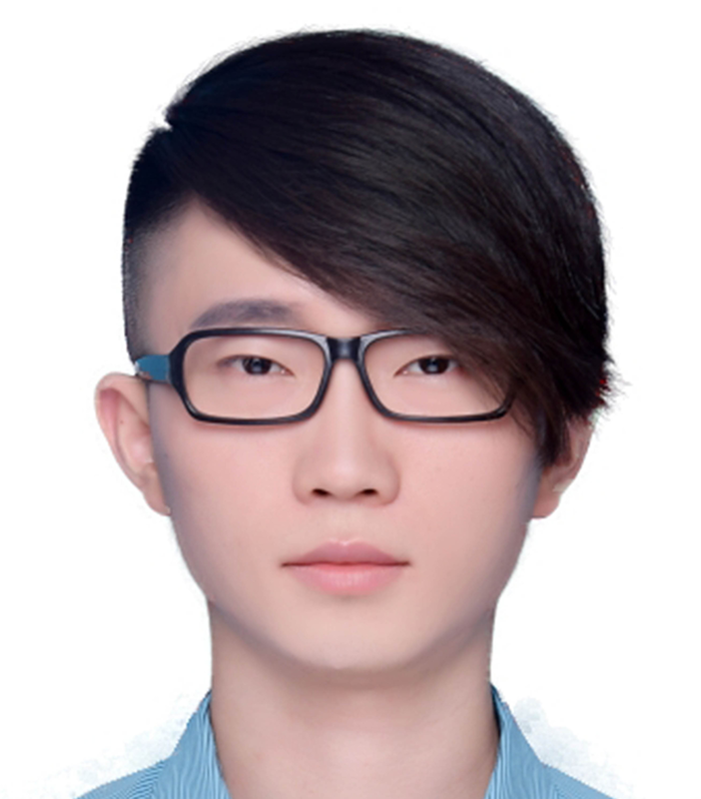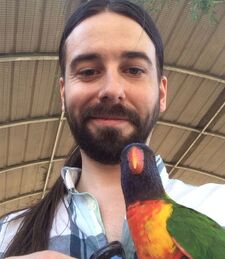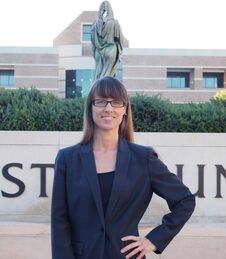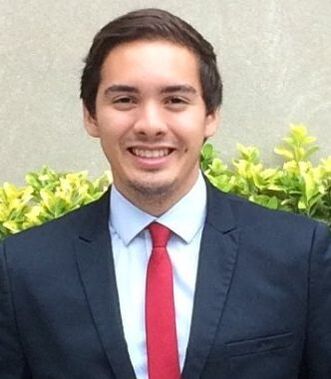Current Members
Samira Kiani, M.D. (PI)
|
Wioletta Musekamp (Assistant to PI)
|
Tahere Mokhtari
|
|
I am a molecular cell biologist and imaging scientist with a background in biomedical science, immunology and molecular pathology. I have a detailed understanding of the principles and application of immunology, molecular pathology to molecular imaging and drug development in metabolic liver diseases as well as in inflammatory bowel disease. I have acquired over more than 12 years working in preclinical and clinical research in academia (and in collaboration with pharma industry), during which time I have worked at five world leading research centers: Institute of Pathology in Graz, Austria, F. Hoffmann La Roche Basel, Switzerland + University Medical Centre Groningen Netherland’s Clinical and Preclinical research Centre (UMCG), University of Washington (UW), Seattle, USA and now in University of Pittsburgh, School of Medicine.
I have been involved in various research projects in a variety of roles including preclinical/clinical research scientist, imaging scientist, and investigator. I have experience in multicolor, multicolor flow cytometry and flow sorting the cells subpopulations as well as the development and validation of novel (optical and radiological) probes for molecular imaging. I have published in high impact factor leading research journals in the fields of pathology and imaging, wrote 7 award winning abstracts, 3 prestigious international fellowships as well as presented in more than 30 international scientific conferences either in oral or poster format. I pursued my PhD in molecular pathology focusing on elucidating mechanistic insights of how misfolded protein aggregates in hepatocytes [Alcoholic and Non-alcoholic Steatohepatitis, Hepatocellular Carcinoma (HCC)] lead to complex pathology leading to hepatocellular carcinoma. I pursued my postdoctoral studies with UMCG at Netherlands where I leading a team to develop a novel imaging probe to study chronic metabolic liver diseases and drug induced hepatotoxicity. During my postdoctoral research at UW, I was working on immunological aspects involved in Inflammatory Bowel Disease (IBD) where I was investigating the role of fibroblast, mesenchymal cells and drug target Cadherins. During my tenure at Drug Discovery Institute, University of Pittsburgh, I worked on constructing ‘liver on chip’ to develop 3d liver tissue mimicking liver physiological microenvironment driving this tissue towards early and late stages of metabolic syndrome culminating into liver fibrosis and or liver cirrhosis. During my tenure at Department of Experimental Pathology, I am investigating CRISPR based gene modulation using multicellular liver on chip. My long-term career goal is to contribute to the translation of basic scientific findings into innovative new therapies for patients and to increase our understanding of important disease processes. |
|
Amber joined the SKMO lab in 2021. Before working at Pitt, Amber earned her Bachelor of Arts in Genetics from Rutgers, The State University of New Jersey in 2013.
After graduation she worked at a research technician at Memorial Sloan Kettering Cancer Center in New York, specializing in peripheral blood processing and FACS analysis in the hematology oncology department. After her time at Memorial Sloan Kettering, Amber worked as a laboratory manager and research technician at Weill Cornell Medical College in the Meyer Cancer Center. She organized lab operations and performed experiments on various projects. She has experience in management, wet lab research and pharmaceutical drug development. Amber has served in many volunteer committees including Susan G. Komen and The Anxiety and Depression Initiative, where she served as the lead yoga instructor. In her spare time, she likes to travel, exercise, read, and create art. |
Ryan LeGraw
|
Mohammad Naser Taheri
|
Alumni:
Elizabeth Delgado
|
Victor Hernandez-Gordillo
|
Farzaneh Moghadam
|
Saman Sarraf
|
Dashan Sun
|
David J Menn
|
Jennifer Chapman, J.D.
|
Michael Pineda
|
